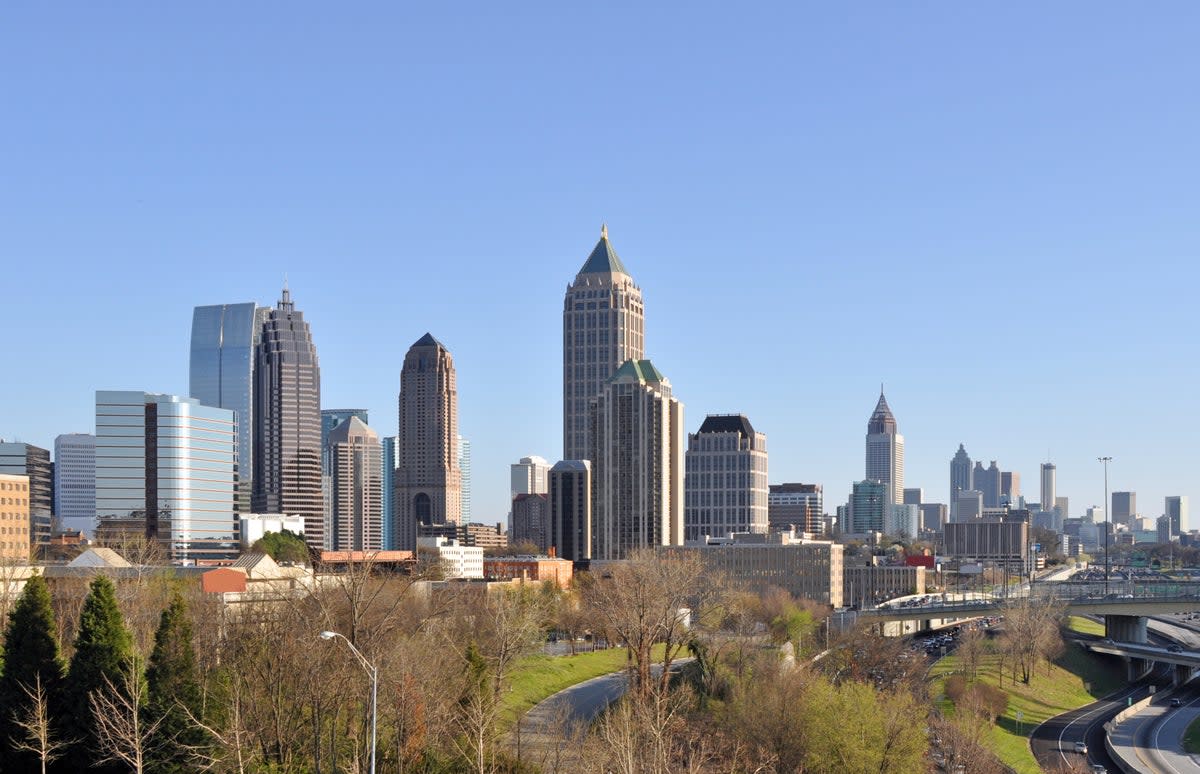Georgia county refuses to change Confederate street names

- Oops!Something went wrong.Please try again later.
- Oops!Something went wrong.Please try again later.
City leaders on the outskirts of Atlanta declined to pass a new measure that would replace streets named for Confederate leaders.
No one in the Clayton County Board of Commissioners decided during a meeting on Tuesday to second the motion to replace streets named for leaders of the pro-slavery Confederacy like Robert E Lee, Stonewall Jackson, and Jefferson Davis.
The decision dismayed some residents.
“We stay on a big plantation. if you look at it, you see when you come in it’s only one way in and one way out and all of the names of the street are plantation names,” Clayton County resident Mardel Heckstall told 11 Alive.
“The whole street is named after slave masters, plantations, and all that above but the majority people who stay on it are Black or Hispanic, so it will be a great thing to do to change the name.”
In 2018, the city of Atlanta successfully renamed a number of streets connected to Georgia’s Confederate past.
"For our community to truly be One Atlanta, we must write a new chapter in our own history," then-mayor Keisha Lance Bottoms said in a statement at the time. "The imagery and symbolism of these names and monuments represent systematic injustice, persecution and cruelty. That is not who we are as a city."
Amid the racial justice uprisings of 2020, a number of US cities and states, particularly in the South, began reckoning with the numerous monuments to the leaders of the white supremacist, secessionist movement.
In 2020, Virginia removed a statue of Jefferson Davis, the president of the Confederate States, from the US Capitol.
“We should all be proud of this important step forward for our Commonwealth and our country,” the governor Ralph Northam said at the time. “The Confederacy is a symbol of Virginia’s racist and divisive history, and it is past time we tell our story with images of perseverance, diversity, and inclusion.”
A year later, in the state capital of Richmond, the former seat of the Confederacy, a prominent statue of Robert E Lee was removed from a central avenue in the city.
“The public monuments reflect the story we choose to tell about who we are as a people,” Mr Northam said of the decision. “It is time to display history as history, and use the public memorials to honor the full and inclusive truth of who we are today and in the future.”

